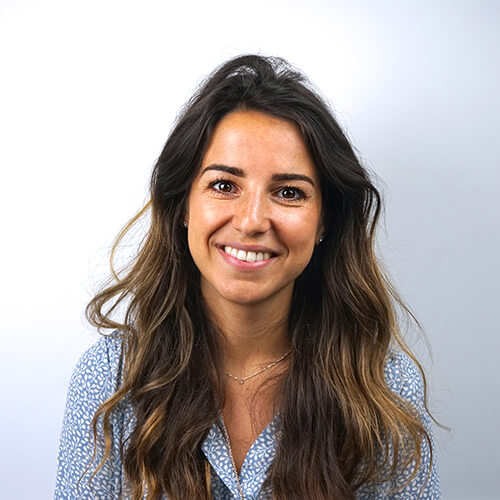La Fosse is proud to sponsor the second series of the hugely successful Secret Leaders podcast, which features interviews with key figures from the UK’s tech and creative industries.
The Secret Leaders team recently hosted a three-part live event series, bringing together 2 brilliant guests to discuss the ups and downs along the way to building their companies, and how they are trying to change the world for the better. In the second of these, hosts Dan and Rich met Calm.com co-founder Michael Acton Smith and Babylon Health CEO Ali Parsa to talk mind, body, and the future technology-enabled healthcare – and share a few tips for the ambitious and entrepreneurial.
Visit www.secretleaders.com for more information about the podcast, or subscribe with iTunes or Spotify.
Success can follow failure
Michael and Ali are two of the most successful innovators in the UK’s tech scene. Michael’s mindfulness and meditation programme is forecasting revenue of $70-80 million this year, having wrapped up Apple’s prestigious App of the Year award in 2017. Ali is the founder of a healthcare app that is changing the way people around the world access healthcare – and counts the Health Secretary as one of its users. But it hasn’t always been easy.
Six years ago, Michael’s Moshi Monsters venture was at the height of its success. “We thought it was going to last forever. We were winning all these awards.” “We thought that the graphs would keep going up and to the right, and that we’d be the next Disney,” he reflects. “Unfortunately, in 2012 that all changed. And it feels like that was all just overnight.” Sales collapsed. Painful losses and job cuts followed.
In 2006, Ali’s Circle Health won £500 million of investment from Lehman Brothers and RBS – shortly before one collapsed and the other was bailed out in the financial crisis. The funding disappeared. “We had to find that money overnight,” he recalls. He found it – but at the cost of involving venture capitalists who wouldn’t support back his plans for a revolutionary new health app that would connect patients with GPs digitally: “They said it was a lack of focus.”
Ali left Circle Health and set up Babylon. Michael got into meditation and mindfulness on the solo holiday he took to recuperate after Moshi’s year of decline. And the rest, as they say, is history.
Perspective matters
For Michael and Ali, retaining equilibrium in terms of their personal health has been crucial to their success. Michael recalled that the misery of seeing Moshi struggle was what brought him to an important realisation.
“The fact that you’re going to have to have to close the business down, that’s pretty scary. But I stepped back and realised: that’s not that big a deal compared to what was going on in my head, and how awful I was feeling.”
For both, a key to success has been a sense of proportion. “Put the fear aside” is Ali’s advice. “That’s incredibly liberating, because it allows you to take risks.” “When you get older”, he adds, “you find perspective in the way that you know that every problem will come, and every problem will go.”
At Calm, that means taking time out to meditate at 10am every morning – “a wonderful way to start the day as a team” – and for Ali, it’s maintaining balance: “I used to work 80, 90 hours a week, 100 hours a week. And I tell you, you don’t work. You do about 40 hours of a decent job, and 40 hours of being a zombie. And it’s not good for anybody.”
Health tech will change humanity – forever
Calm.com and Babylon Health are changing the way care is delivered, but Michael and Ali agree that this is just the beginning of a process in which ordinary people control their individual well-being. “One of the really exciting things that’s happening in the world of technology and the internet is that people are taking responsibility for their own health, and learning about it,” says Michael.
According to Ali, a patient in rural China or India could soon be able to access better, more up-to-date diagnostic information than the nearest doctor. With half of the world’s population today able to access the internet, he argues, “we now have ways of reaching people that we have never had before” – with the inevitable result that “we will make healthcare accessible and affordable, and we will put it in the hands of every human being on earth.”
And then? Michael believes that the key to overcoming human suffering is to understand that change is inevitable, and that life is impermanent. But Ali is not so sure: “We’ve never managed to elongate human life – what we have done is managed to stop diseases killing people prematurely,” he observes. But that may yet change: “Whether it is 50 years or 500 years, my belief is that we will start to see drastic changes in our power to affect the whole process of death and ageing”.
